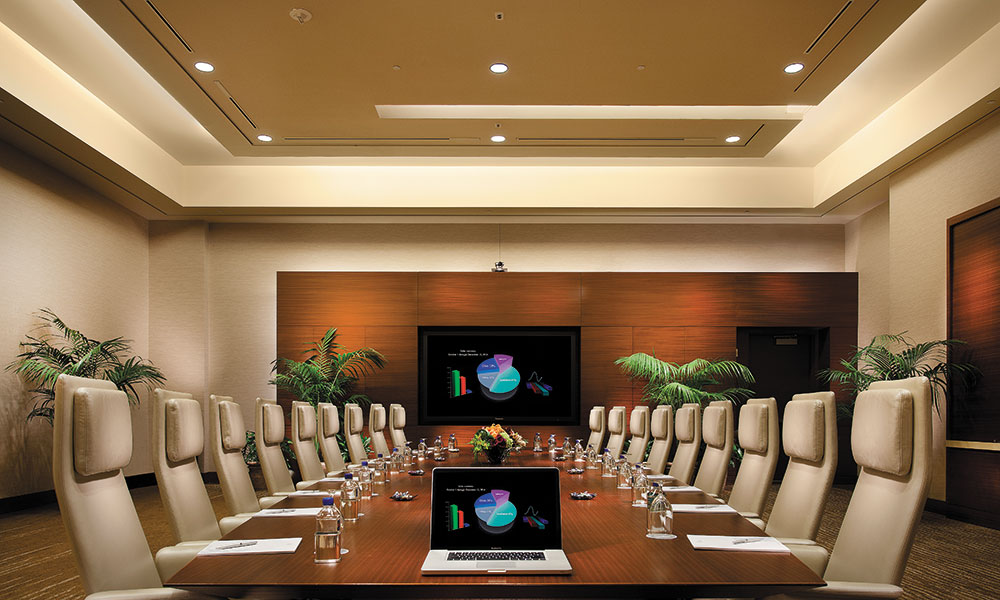
Meetings
Rock-Solid RFPs
There’s no one-size-fits-all formula—because no two meetings or venues are identical—but there are good guidelines for writing an RFP that will shine.
Chuck Carr, vice president of member services for the Institute of Scrap Recycling Industries Inc., offers his top four RFP recommendations:
- Be specific about your space needs. Avoid asking for all-space holds when you know you won’t need but a fraction. Remember that the venue expects accuracy and competent planning from you just as you expect the same from the venue.
- Put your analytics where your mouth is. If you have historical data on your meeting attendance, budget, and space and room needs, provide it to show that your requests are legitimate. If you don’t have that information, start collecting it now for future use.
- Make sure your venues understand the demographics of your group. On more than one occasion, a conference center has made incorrect assumptions about our group based simply on the name. They read “Scrap Recycling” and assume “Sanford and Son.” In reality, most of our member companies are multimillion-dollar operations. Some of them are multinational, and even the smaller ones are often led by highly educated, experienced managers. Communicate that important information to venues so that your group is appealing as a client.
- List the specific concessions you need. Concession requests should have some relationship to the amount of business the vendor can expect to receive from the event. A show that generates 10,000 room nights and $1.5 million in food and beverage can command more in concessions than one that generates 300 room nights and $10,000 in F&B. Be realistic. On the other hand, conference centers should not rule out business based on a concession request. Concessions remain negotiable until the contract is signed.
(Al Payne)




